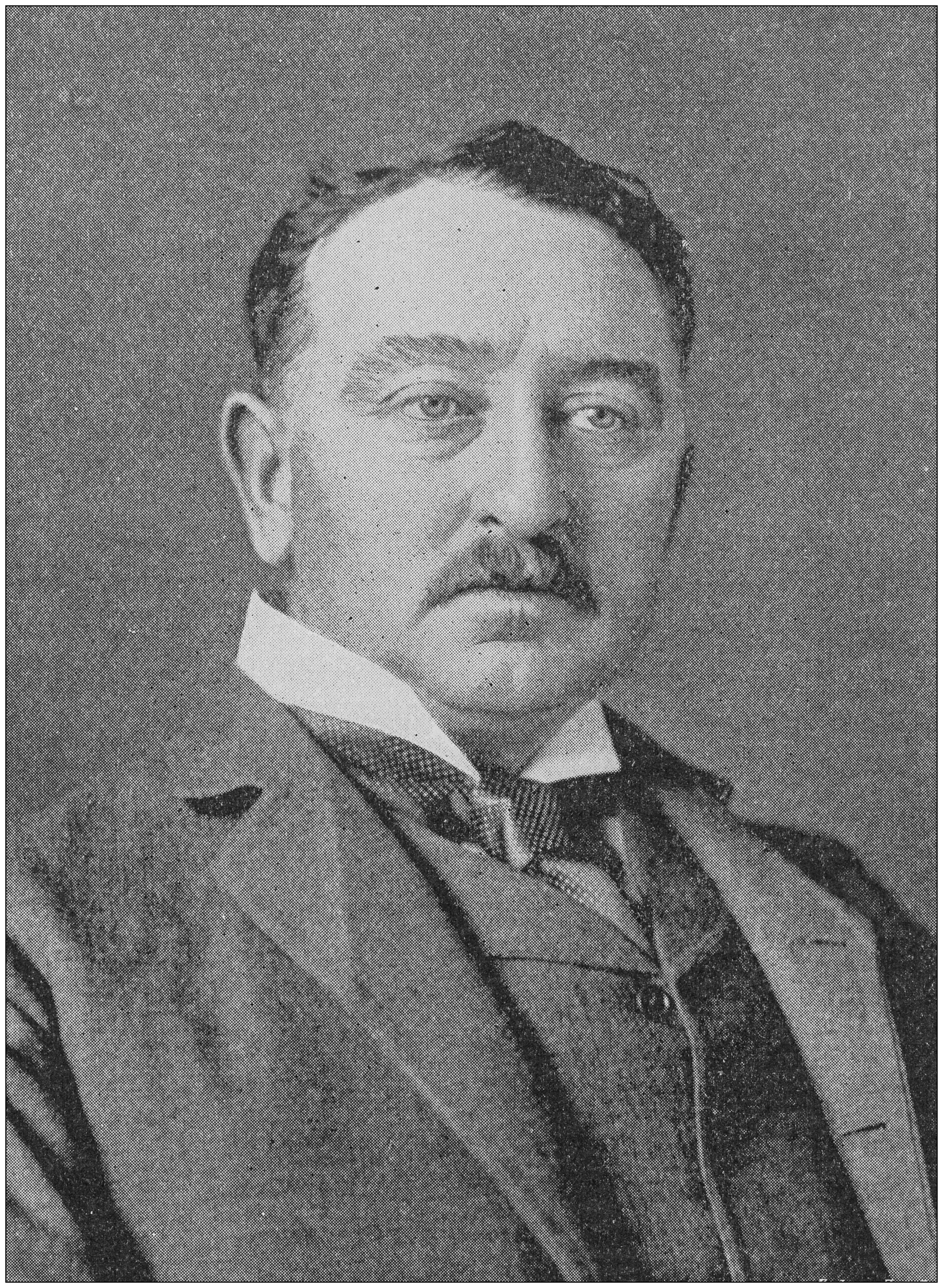Rise of Islamic State By Patrick Cockburn
- Truth Over Comfort

- May 7, 2022
- 3 min read
Updated: May 13, 2022
"What my constant cry was that our biggest problem was our allies. Our allies in the region were our largest problem in Syria. The Turks were great friends, and I’ve a great relationship with [Turkish President Recep] Erdoğan, who I’ve just spent a lot of time with, the Saudis, the Emiratis, etc. What were they doing?
They were so determined to take down Assad and essentially have a proxy Sunni-Shia war, what did they do? They poured hundreds of millions of dollars and tens of thousands of tons of weapons into anyone who would fight against Assad, except that the people who were being supplied were al-Nusra, and al Qaeda, and the extremist elements of jihadis coming from other parts of the world. If you think I’m exaggerating, take a look. Where did all of this go? So now what’s happening? All of a sudden, everybody is awakened because this outfit called ISIL, which was al Qaeda in Iraq, which when they were essentially thrown out of Iraq, found open space and territory in eastern Syria, work with al-Nusra, who we declared a terrorist group early on, and we could not convince our colleagues to stop supplying them. So, what happened?
Now, all of a sudden [now that ISIS has taken over western Iraq]—I don’t want to be too facetious—but they have seen the lord. Now we have—the president’s been able to put together a coalition of our Sunni neighbors, because America can’t once again go into a [Sunni] Muslim nation and be the aggressor. It has to be led by Sunnis. To go and attack a Sunni organization. And so, what do we have for the first time? Now Saudi Arabia has stopped the funding from going in. Saudi Arabia is allowing training on its soil of American forces under Title 10, open training. The Qataris have cut off their support for the most extreme elements of the terrorist organizations. And the Turks, President Erdoğan told me—he is an old friend—said, “You were right; we let too many people through. Now we are trying to seal the border.” VP Joe Biden 2014 talk to Harvard University Delivers remarks on foreign policy
"the head of the British Secret Intelligence Service, MI6, Sir Richard Dearlove. Prince Bandar told him: "The time is not far off in the Middle East, Richard, when it will be literally 'God help the Shia'. More than a billion Sunnis have simply had enough of them."... He does not doubt that substantial and sustained funding from private donors in Saudi Arabia and Qatar, to which the authorities may have turned a blind eye, has played a central role in the Isis surge into Sunni areas of Iraq. He said: "Such things simply do not happen spontaneously." Independent , ‘Iraq crisis: How Saudi Arabia helped ISIS take over the north of the country’, 13 July 2014
“a variety of donors and fundraisers, primarily in the Gulf countries and particularly in Saudi Arabia" The 9/11 Commission Report: Final Report of the National Commission on Terrorist Attacks Upon the United States, Volume 3 Page 170 - Frank G.interview (Mar.2,2004); CIA analytic report, Financial Support for Terrorist Organizations, CTC
2002-40117CH, Nov. 14, 2002
“I accuse them of inciting and encouraging the terrorist movements. I accuse them of supporting them politically and in the media, of supporting them with money and by buying weapons for them,” Maliki told FRANCE 24’s Marc Perelman. “I accuse them of leading an open war against the Iraqi government.”Maliki went on to say that not only did Saudi Arabia support terrorism in countries such as Iraq and Syria, but around the world. The prime minister said, however, that Iraq did not intend to retaliate against Saudi Arabia and Qatar, citing concern over the region’s stability." Exclusive: Iraq’s Maliki accuses Saudi Arabia of supporting ‘terrorism’ France
"As recently as last week, as the chairman alluded to, Stuart Levey, who is the Under Secretary of the Treasury Department, publicly remarked, “If I could somehow snap my fingers and cut off funding from one country, it would be Saudi Arabia.” In recent years, of course, Saudi-based individuals have provided support specifically to Sunni extremists in Iraq. Some of that money is believed specifically to support opponents of Prime Minister al-Maliki. For years the Saudi Government turned a blind eye to the financing of al-Qaeda by prominent Saudi-based religious and business leaders and organizations. Only after al-Qaeda bombed targets within Saudi Arabia in 2003 did the Saudis finally focus on the problem, and began a meaningful dialogue with the United States to combat it." U.S. Relations with Saudi Arabia: Oil, Anxiety, and Ambivalence : Hearing Before the Subcommittee on the Middle East and South Asia of the Committee on Foreign Affairs, House of Representatives, One Hundred Tenth Congress, First Session, September 18, 2007, Volume 4 Page 19 (Extended quote)





Comments